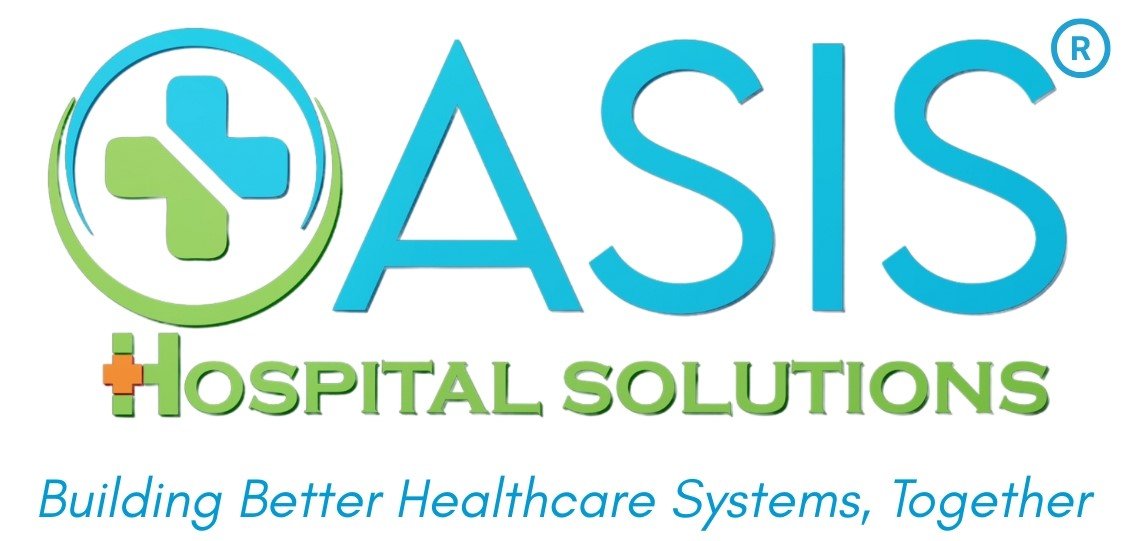
How to File a Claim for Reimbursement Mediclaim
Health insurance provides financial security in times of medical emergencies, and understanding the process of filing a reimbursement claim is crucial for policyholders. Here’s a comprehensive guide on how to file a claim for reimbursement mediclaim:
Introduction
In the complex world of health insurance, a reimbursement claim is a lifeline for policyholders. It allows individuals to seek compensation for medical expenses incurred, even if they choose healthcare providers outside the insurance network. Understanding this process is paramount for anyone with a health insurance policy.
Understanding Reimbursement MediClaims
A reimbursement claim is a request for compensation from the insurance provider after the policyholder pays for medical services out of pocket. Unlike direct billing, where the healthcare provider bills the insurer, the policyholder foots the initial bill and then seeks reimbursement.
Features and Benefits of a Reimbursement Mediclaim
The flexibility to choose any healthcare provider is a significant advantage of reimbursement claims. Additionally, policyholders enjoy financial benefits, as reimbursement claims often cover a broader range of medical expenses.
Factors to Consider Before Opting for a Reimbursement mediClaim
Before opting for reimbursement, it’s crucial to evaluate medical expenses carefully. Understanding the policy coverage and ensuring that the expenses align with the terms and conditions is essential for a smooth reimbursement process.
Steps Involved in Filing a Reimbursement mediClaim
Filing a reimbursement claim involves several steps. Start by gathering all necessary documents, including bills and medical reports. Accurate completion of claim forms is vital to avoid delays in processing.
Informing the Insurer about Reimbursement mediClaims
Timely communication with the insurer is key. Policyholders should inform the insurance company about their intention to file a reimbursement claim, providing details about the incurred expenses and supporting documents.
Documents Required for Filing Reimbursement MediClaim
A comprehensive list of documents is required for a successful reimbursement claim. From medical bills and prescriptions to diagnostic reports, ensuring accuracy and completeness in documentation is crucial.
Points to Bear in Mind While Filing a Claim
Double-checking all information provided in the claim form is essential. Common mistakes, such as inaccuracies in personal details or medical codes, can lead to claim denials.
Dealing with Health Insurance Claim Rejection
Understanding the reasons for claim rejection is the first step. If a claim is rejected, policyholders have the right to appeal the decision. Knowing the appeal process is crucial to overturning a rejection.
What to Do If You Don’t Get a Reply from Your Insurance Company
In case of delayed responses from the insurance company, policyholders should follow up regularly. If the issue persists, seeking assistance from regulatory bodies can help expedite the process.
Tracking the Status of Your Claim
Insurance companies often provide online tools to track the status of reimbursement claims. Staying informed about the progress ensures that policyholders are aware of any additional information required or potential delays.
Frequently Asked Questions (FAQs)
What is the typical processing time for a reimbursement claim?
- Understanding the timeframe for reimbursement processing.
Can I file a reimbursement claim for pre-existing conditions?
- Clarifying the coverage of pre-existing conditions in reimbursement claims.
What happens if I forget to inform the insurer before filing a claim?
- Explaining the importance of timely communication.
How do I appeal a rejected reimbursement claim?
- Step-by-step guide to appealing a claim rejection.
Is there a limit to the number of reimbursement claims I can file in a year?
- Understanding policy limitations on the frequency of reimbursement claims.
Conclusion
Filing a reimbursement claim for mediclaim is a process that demands attention to detail and timely communication. By understanding the steps involved, policyholders can navigate the complexities of health insurance claims successfully. Remember, staying informed and proactive is the key to a smooth reimbursement process.
